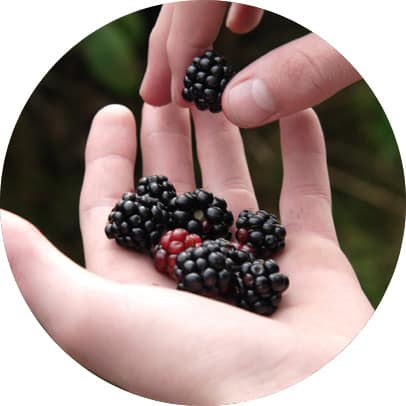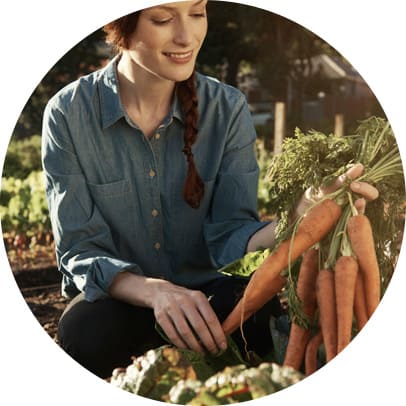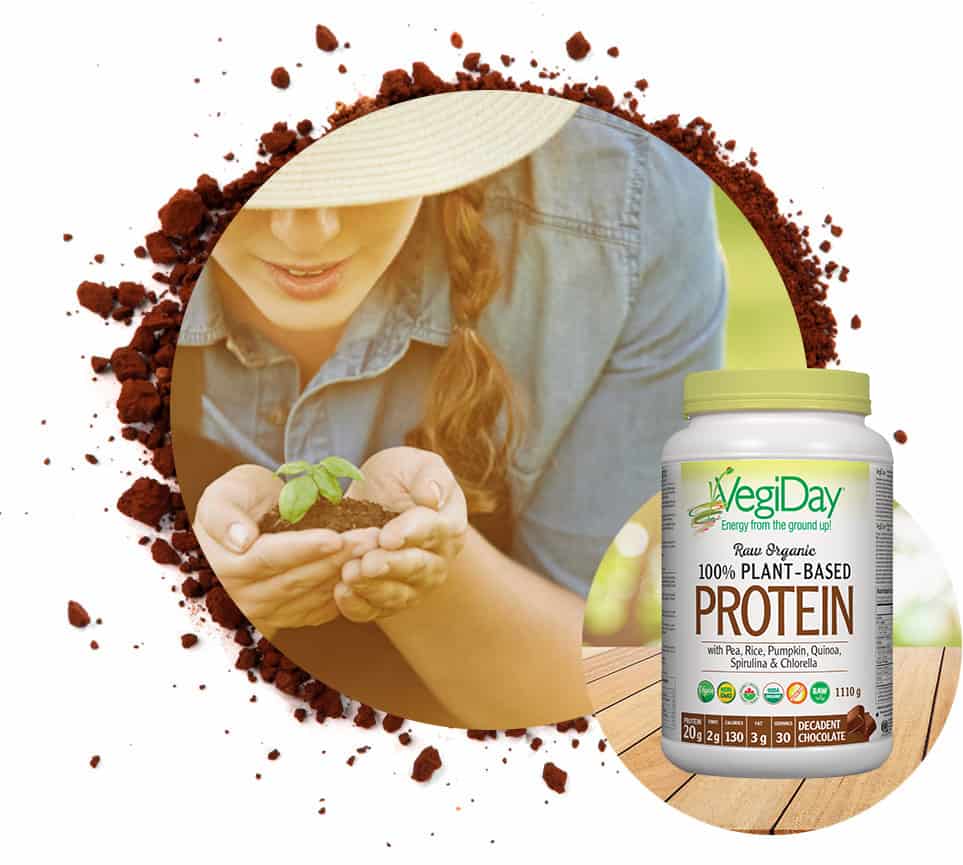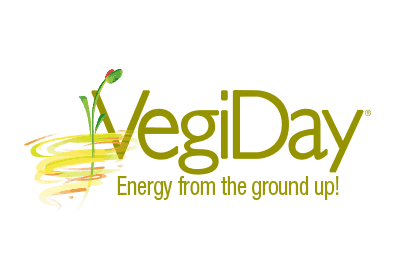THE TIMES ARE CHANGING
The global population is expected to reach nine billion by the year 2050, a 28% increase. The demand for food will soon exceed the Earth’s capacity to supply it. What changes can each of us make to ensure that everyone has food on their table? The solution is right at our feet. Plants. By promoting sustainable agriculture and eating plant-based foods, we can have a positive impact on the whole planet. Plant production uses fewer natural resources and is more energy efficient. This is our path to the greener pastures of global sustainability.
We must respect the natural food chain

Hunting is no longer our main source of meat and “gathering” will not feed the planet.
Modern industrial agriculture depends on ever-increasing amounts of land, water, and energy. A diet where 25% of our calories come from meat and dairy requires twice as much energy as a plant-based diet.1 And much of the corn and grain we produce is now used for bio-fuels and animal feed. We could be growing grain for people instead. That's the natural food chain.

“Going back” to the more plant-dominated diet of our ancestors is one solution for a sustainable future.
The nutritional adequacy of meatless diets is a popular topic in health literature today. Plant-based protein is now widely recognized as nutritionally sound making the occasional meatless “VegiDay” a feasible option.

Improvements in food production dramatically decreased the world's hunger problem.
Nevertheless, one in seven people still consumes a diet insufficient in protein and calories, and twice as many suffer from some type of micronutrient deficiency. The population explosion and reduced crop yields due to climate change2 threaten global food security. Industrial farming also wastes fossil fuels and contributes to greenhouse gases. This is not sustainable.

There is a solution – naturally
We must change how food is grown and processed. But most significantly, we must change what we consume. Choosing organic, sustainable, plant-based meals more frequently will improve the food supply and be less detrimental to the planet.
There’s a better day at hand – with organic farming, sustainable crops, and VegiDay products to nourish us, naturally.
1 Heller, M. & Keoleian, G. (2000). Life Cycle-Based Sustainability Indicators for Assessment of the U.S. Food System, The University of Michigan Center for Sustainable Systems, CSS00-04.
2 Schmidhuber, J., Tubiello, F.N. (2007). Global food security under climate change. Proc Natl Acad Sci USA 104, 19703-8.
